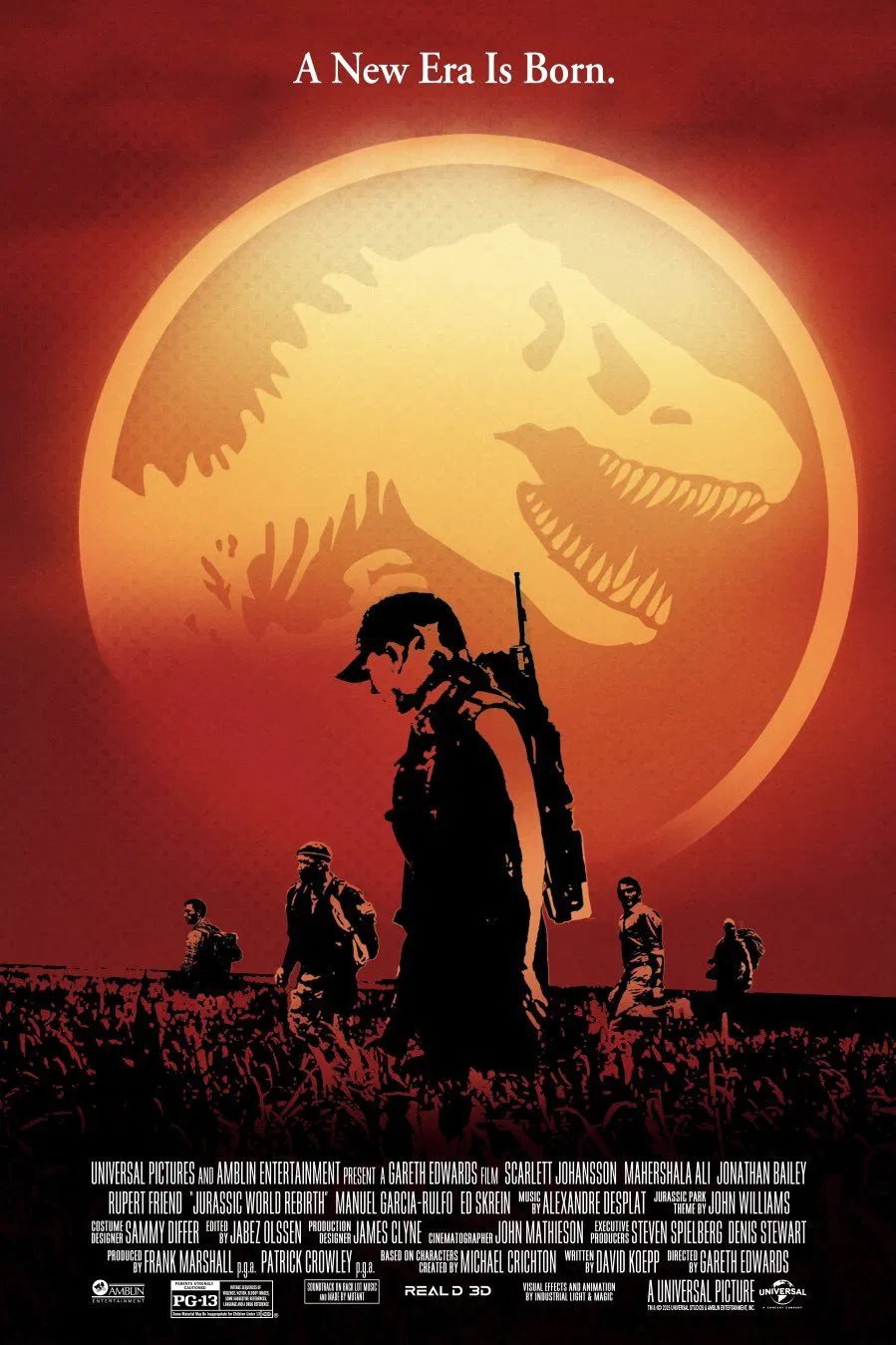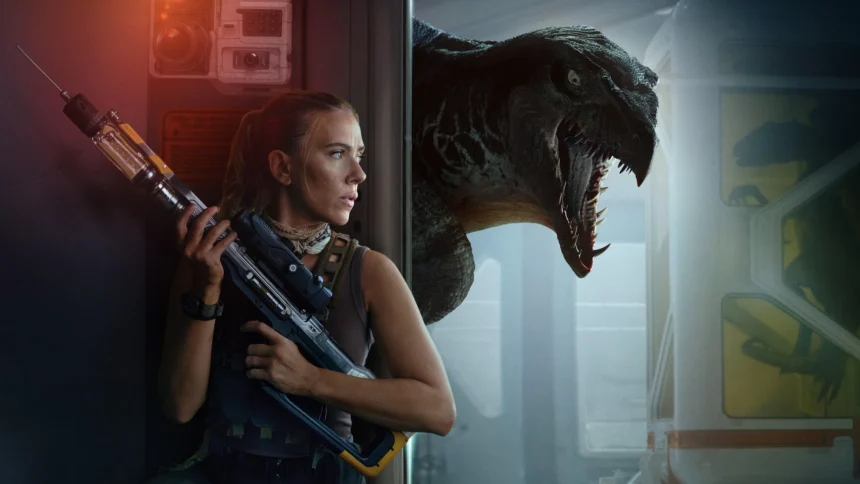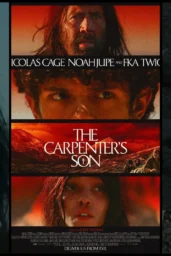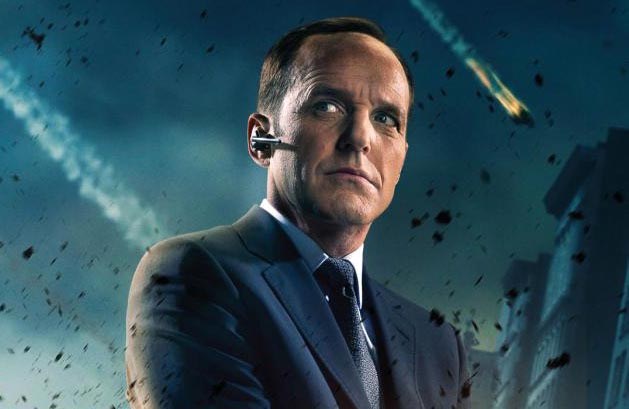It opened. People came. Profits were gained. But the earth no more trembles as it once did. Lumbering into the theaters on Wednesday, July 2, 2025, Jurassic world rebirth achieved a decent opening of 28 million dollars. Solid, sure. Healthy, even. Compared, however, with the giant footsteps of its direct predecessors? That 28 million is surprisingly…. little. Almost quaint. Fourth-highest opening day franchisewise is sounding fine, then you read the Jurassic World($81.9M) and Dominion($59.5M) and Fallen Kingdom($58.5M). Ouch. The dinosaurs math is no lie.
Universal and Amblin have their fingers crossed amid the already abundant corridor of July 4th that they own these days after Covid, as they are estimating a $77.5 million 3-day intake and a 5-day holiday loot of 127.5 million. On paper, that is the fire with almost any other franchise. For Jurassic? It is warm volcanic rock. So, to be frank, that is what happened: Jurassic World (2015) made $208.8 million upon release. Fallen Kingdom? 148 million dollars. Dominion? $145.1 million. The estimated five-day Total of Rebirth is not even sniffing those three-day grosses. That is more than a dip, that is a canyon. When was solid turned into Jurassic speak code of things being disappointing?

Even the calendar may be an unintentioned villain. July 4 th on a Friday? That is a wild card at the box office. History has presented a warning squawk: the last time Independence Day fell on a Friday (in 2014), Transformers: Age of Extinction plunged 28 percent in its Friday to Thursday number. Is fireworks or Velociraptors more important to families this Friday? Embedded Universal has an amazing track record over the last several July 4ths – F9 ($70M 3-day), Minions: The Rise of Gru ($123M 4-day), Despicable Me 4 ($122.6M 5-day) – proving it knows how to play this holiday. Jurassic is not Minions. It is a different game. The appetite is… regulated.
New director Gareth Edwards assumes the helm and rounds up a sleek new acting ensemble fronted by Scarlett Johansson and Mahershala Ali and guides them through the remaining remnants of the Isla Nublar (or is that Biosyn?) mess. The number of screens is enormous (4,308 screens), the luxury formats have all been sold out and the critics are… a bit less aggressive (53% on Rotten Tomatoes compared to the pathetic 29% of Dominion). This is why audiences have a comparative shrug at it? Is it franchise fatigue, full stop? The diminishing dinosaur returns of law? Were the new human stars, however talented they were, just not as initially attractive as the established duo between Pratt and Howard? Or is it rather more nefarious, a feeling that this re-invention is a more like re-treading, however glossy the new CGI outfit?
The numbers whisper a harsh truth: the Jurassic golden age, the era of billion-dollar global rampages and record-shattering debuts, might be receding into the mist like a retreating Brachiosaurus. Rebirth isn’t a flop; far from it. That $28 million Wednesday is nothing to sneeze at, especially for a Wednesday opener (only Jurassic Park III dared that before, with $19M back in 2001). But context is king in this kingdom. A $127.5 million five-day haul positions it firmly below every single installment of the previous World trilogy’s opening weekends. The sheer scale of the decline is what stuns. It’s not just underperforming; it’s operating on a different, diminished plane.
So, what does this mean? Is Rebirth the first step in a graceful evolution, or the early tremor before an extinction-level event for the franchise? Can strong word-of-mouth defy the projections and the historical holiday hurdles? Or has the mighty Jurassic World finally met a predator it can’t outrun: audience indifference? The park is open. The gates are wide. But the initial rush suggests fewer are stampeding to get in. That roar? It sounds a little quieter this time. Maybe we’re just getting used to it. Or maybe—just maybe—the magic is starting to fossilize.












